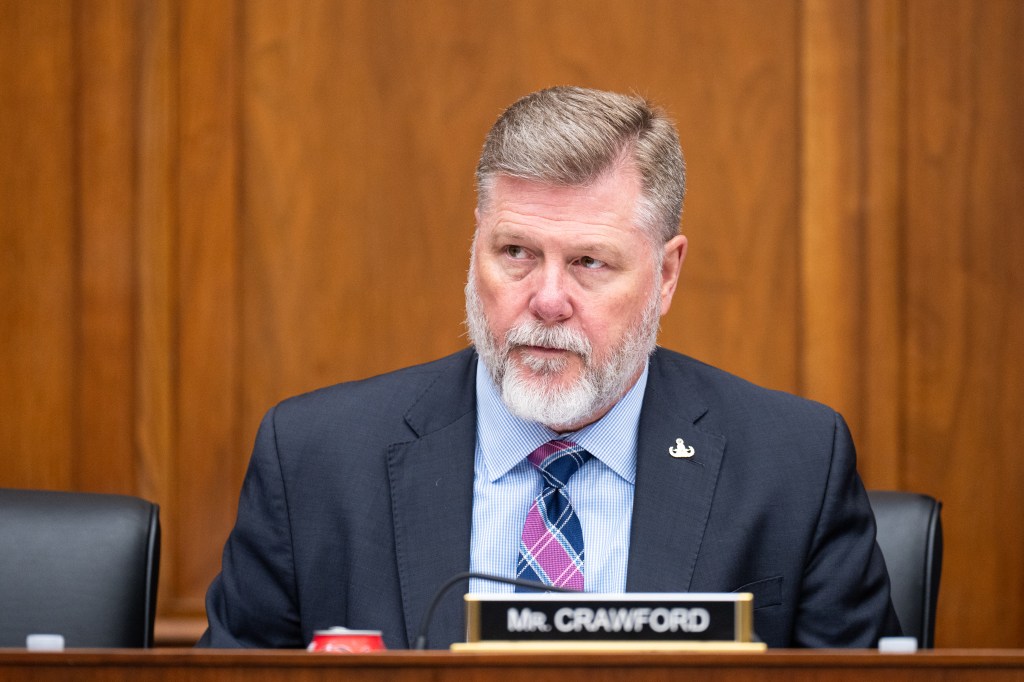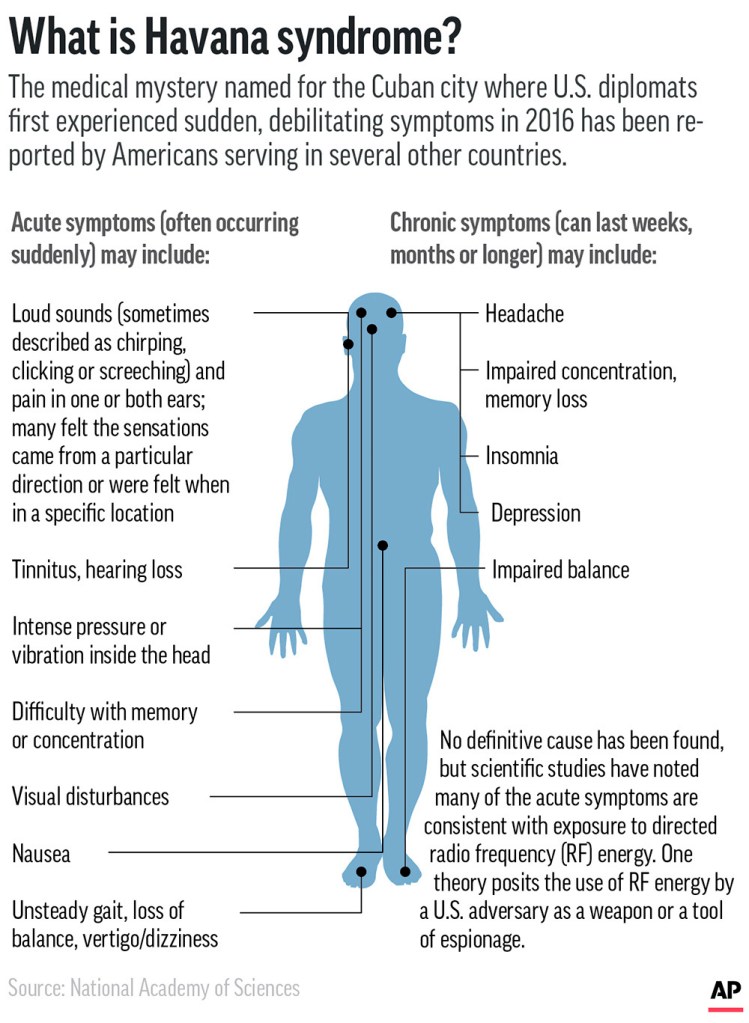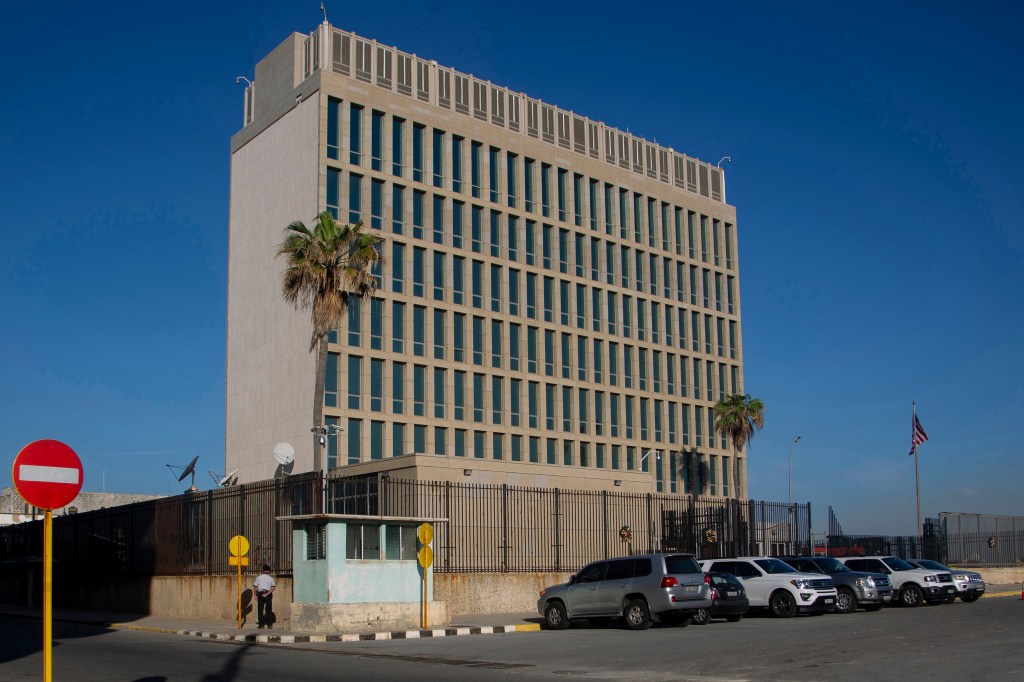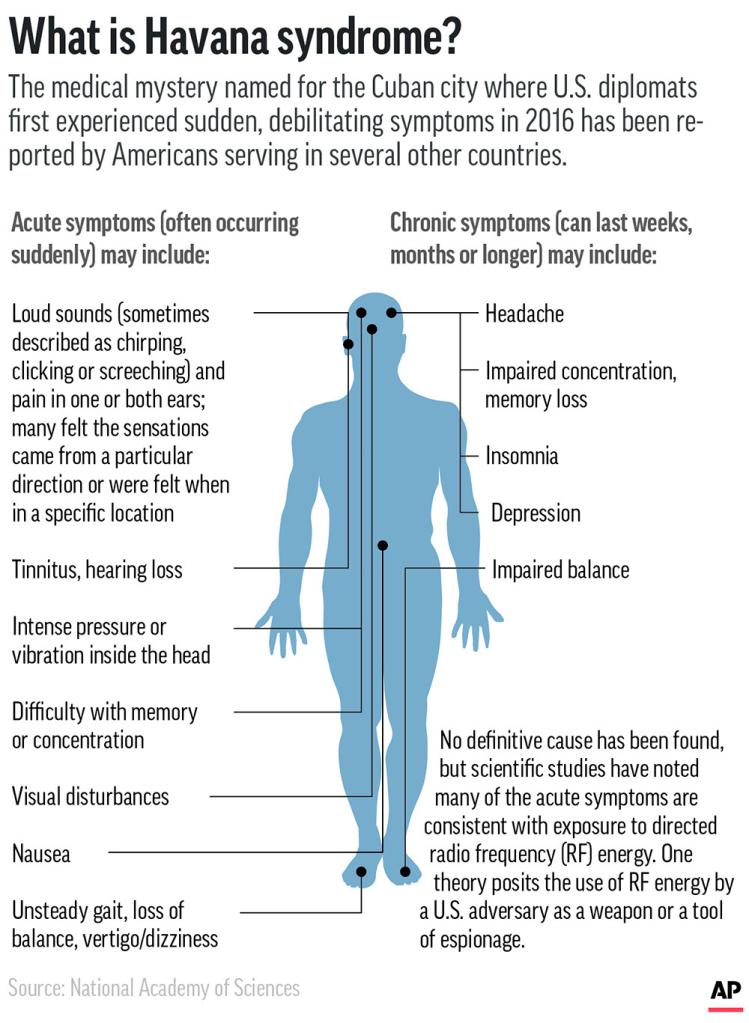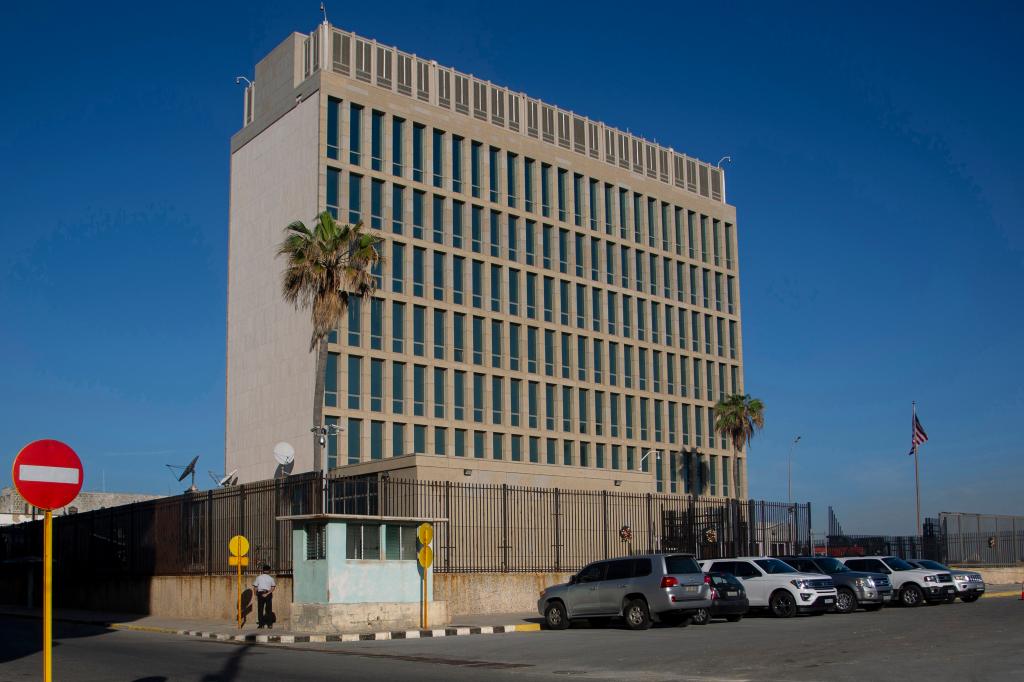House intel panel concludes ‘increasingly likely’ adversary behind mysterious Havana syndrome
It is “increasingly likely” that a nefarious foreign actor is behind the mysterious ailment known as Havana syndrome, the House Permanent Select Subcommittee on the CIA concluded in an unclassified interim report it released Thursday.
The short unclassified version of the report took aim at a prior US Intelligence Community Assessment (ICA) assessment that slapped down suggestions the peculiar ailment was the product of an “intentional weaponized attack” and underscored the need for further study of the matter.
“I have discovered that there is reliable evidence to suggest that some Anomalous Health Incidents (AHIs) are the work of foreign adversaries,” Subcommittee Chairman Rick Crawford (R-Ark.) said in a statement.
AHIs is the term that the intelligence community uses to refer to the Havana Syndrome, which has plagued hundreds of US military, diplomatic and intelligence personnel since at least late 2016.
The subcommittee’s 10-page report concurred with the chairman and determined it was “increasingly likely … that a foreign adversary is behind some AHIs. It also found “evidence that the ICA lacked analytic integrity and was highly irregular in its formulation.”
Exact experiences differ from person to person. Some claim to have heard grating noises before exhibiting symptoms, while others did not hear the noise before falling ill. There have been questions about whether those noises were actually crickets.
Symptoms also vary from person to person and include ear pain, memory lapses, fatigue, migraines, dizziness, cognitive problems, hearing loss and more.
Despite the differences between those affected, the common thread is that they were all government officials.
“The Subcommittee’s investigation has uncovered information illustrative of problems with the ICA’s creation, review, and release. Some of these problems may include a rush to convey a consensus amongst elements of the IC [intelligence community] in an effort to control the narrative,” the report added.
As evidence, the subcommittee pointed to the IC Experts Panel, which reviewed the matter before the ICA and declassified its findings in February 2022, finding that Havana Syndrome signs were “genuine and compelling” and that the conditions could be part of external stimuli.
The subcommittee did not reveal more specific details in its brief unclassified report about why it believes it is “increasingly likely” that a foreign adversary was behind the enigmatic ailment — but Crawford accused intelligence agencies of having obstructed their probe.
“Sadly, the IC has actively attempted to impede our investigation, but we have nonetheless been able to gather significant evidence, and I have reason to believe that its claims of environmental or social factors explaining AHIs are false,” he said.
Crawford and his team are working toward finishing up a “substantial and highly classified report” on the matter.
The interim report also laid out three main recommendations. The first is to overhaul the intelligence community’s analytical process and demand the IC conduct a “fact-based” assessment on the matter.
Second is to ramp up the collection of Havana Syndrome anecdotes to gather more evidence for further study. Lastly, the panel called for codifying stronger medical care for those afflicted by the strange ailment.
House Intelligence Committee Chairman Mike Turner (R-Ohio) echoed Crawford’s conclusions noted in the report about a foreign adversary being behind the Havana Syndrome.
“I would like to thank Chairman Crawford for his tireless efforts investigating AHIs. I agree with his interim report indicating that foreign adversaries are likely responsible for some AHIs,” he said in a statement.








